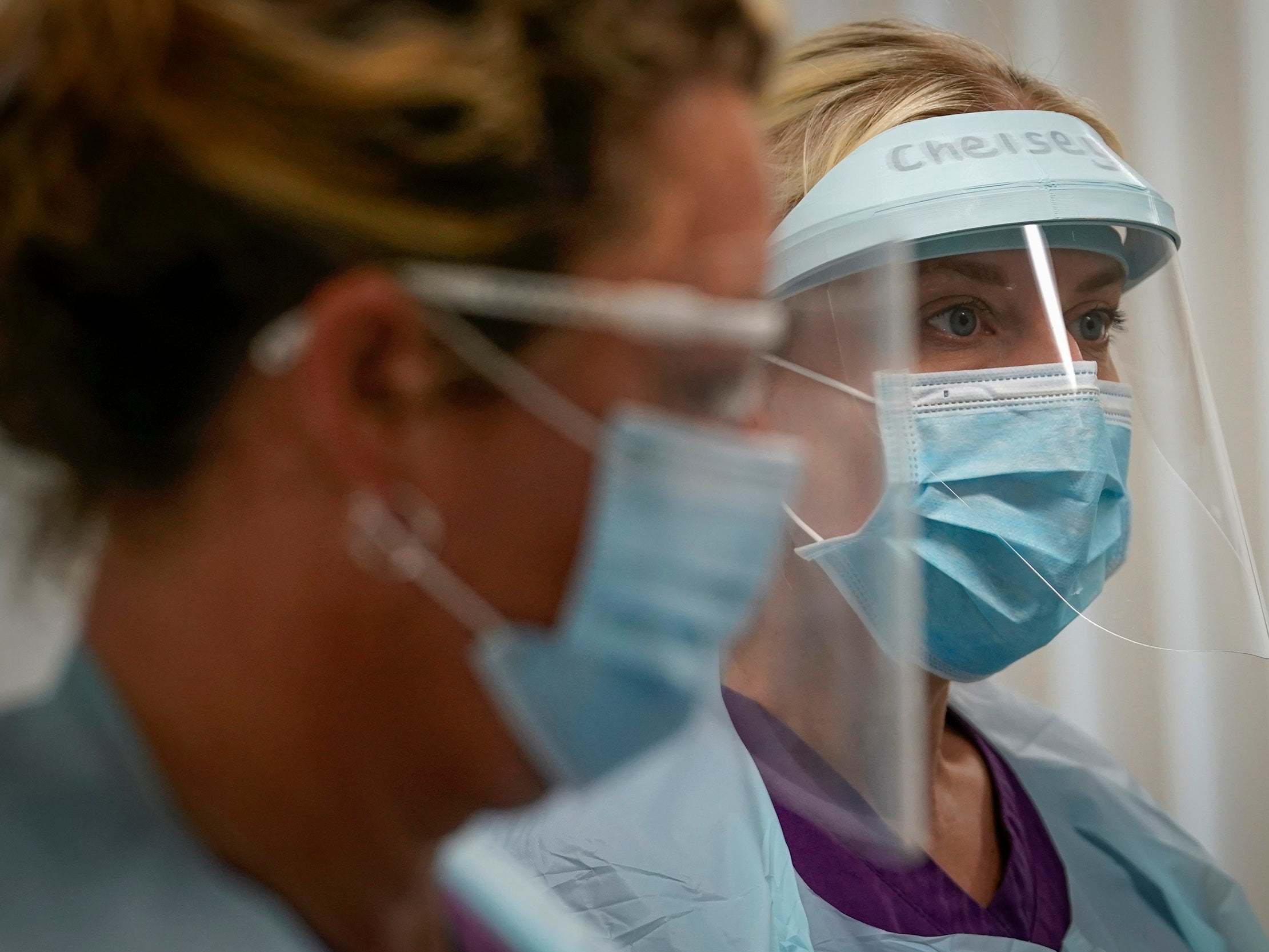The public won’t forgive the government’s secrecy over frontline coronavirus deaths
Editorial: Trust in leadership has plummeted compared to the start of the pandemic. Ministers need to retain what little remains if they want cooperation this winter

The government’s decision to review the deaths of more than 620 health and social care workers in England and Wales who contracted coronavirus is a welcome move. But its intention not to disclose the findings of NHS medical examiners is a mistake.
The priority will be learning the lessons locally. Of course, it is vital to maximise the chances of preventing more suffering and deaths during a pandemic which is far from over. But the government also has a duty to be straight with the public. Some workers are bound to have caught the virus outside their workplace. Yet the public has a right to know whether the deaths of some who risked everything to work tirelessly on the front line might have been avoided if the government had ensured adequate provision of personal protective equipment.
If individual cases shed light on how the government fell woefully short at the start of the crisis, ministers should not hide behind a self-serving code of confidentiality.
Indeed, as the Doctors’ Association UK argues, there is a strong case for the deaths of all the frontline workers to be automatically investigated by the coroner, so the process would be totally independent of hospitals.
Similarly, the government should be open about whether the ethnicity of those who died was a factor. Its record on this question does not inspire confidence. Initially, ministers declined to publish in full the findings of a Public Health England review, which said: “Racism and discrimination experienced by Bame key workers [is] a root cause affecting health and exposure risk. For Bame communities, lack of trust of NHS services resulted in reluctance to seek care.”
The government insists a wider review is now under way, and that hospitals have already been told to risk assess workers who might be more susceptible to the virus, such as those from Bame backgrounds or with existing health conditions. But we still await a detailed plan to tackle the disproportionate death rate among Bame communities.
A worrying pattern of behaviour is emerging. There has also been a lack of transparency over the 22,000 deaths in care homes. Relatives of residents who died or survived the tragedy which unfolded behind closed doors were often unable to learn anything about the pandemic’s impact on individual homes.
It appears that providers, many of whom are struggling to survive after being left in the lurch by the government, fear a flood of legal actions by bereaved relatives. Such fears should not preclude an honest assessment of what went wrong – and right.
Downing Street is very keen on data science and the figures it publicised when it held a daily press conference on coronavirus served the public well. However, ministers are now developing a habit of citing unpublished data when announcing decisions, without disclosing the evidence in full. One example was when the government announced that people from two households would be banned from meeting in homes and gardens in parts of the north of England.
Nor should data be misused to garner favourable headlines. A forthcoming PHE study was selectively previewed to show that schoolchildren are unlikely to transmit the virus. But it is also believed to have found that secondary school pupils are as likely to pass it on as adults.
Some scientists who do not advise the government are rightly worried that crucial decisions on coronavirus are being made by a tight, closed circle of politicians, civil servants and scientific advisers privy to data that should be shared with the public in real time.
Trust in the government has slipped back from the high levels seen at the start of the pandemic. Ministers will need to retain what remains in order to secure the public’s cooperation during what is likely to be a difficult winter. The quid pro quo must be more openness and less secrecy. Transparency cannot be a rule that applies only when it suits the government.
Join our commenting forum
Join thought-provoking conversations, follow other Independent readers and see their replies
Comments